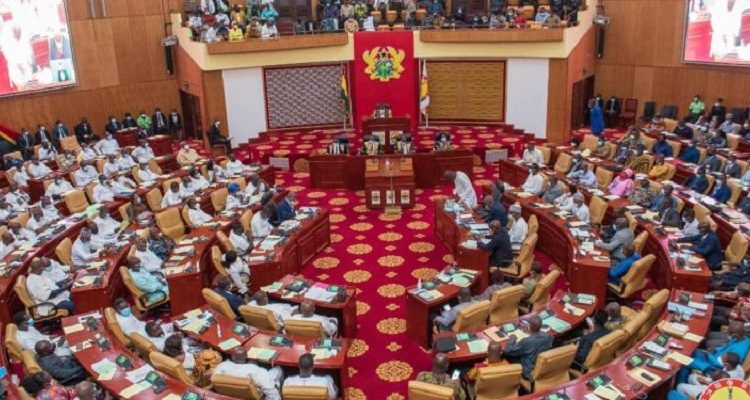


A major economic development is unfolding in China that could significantly shape the course of industrial progress across Africa.
Beijing’s decision to remove all tariffs on products from African countries with which it maintains diplomatic relations is seen by analysts as a transformative policy shift that could unlock unprecedented access to a market of over 1.4 billion people and strengthen Africa’s participation in global value chains.
President Xi Jinping first announced the zero-tariff policy in June this year, describing it as a renewed commitment to shared development under the Forum on China–Africa Cooperation (FOCAC) framework. The policy, reaffirmed during the fourth China –Africa Economic and Trade Expo in Changsha, reflects China’s intention to expand trade in a manner that supports industrialisation and inclusive growth across the continent.
The Province of Hunan has long been central to these developments. In 2018, officials from Ghana and China began exploring how Hunan could serve as a major gateway for African products into the Chinese market through early diplomatic and commercial engagements.
Those exchanges laid the groundwork for the establishment of the China–Africa Economic and Trade Expo in 2019, which has since become a key platform for promoting African exports and investment opportunities in China.
The Zero – tariff policy was also a major focus of discussions during the recent state visit of President John Dramani Mahama to China at the invitation of President Xi.
During engagements in Beijing, both leaders underscored the strategic importance of the policy to the long-standing partnership between China and Ghana.
President Mahama says the zero-tariff measure demonstrates China’s confidence in its economic relations with Africa and provides a powerful incentive for Ghanaian exporters, agro-processors, and manufacturers. He commends the Government of China for what he described as “an act of solidarity that aligns with Ghana’s Reset Agenda and the 24-hour economy vision, which seek to promote industrial expansion and sustainable job creation”.
He notes that Ghana and China share six decades of diplomatic friendship, trust, and cooperation – a relationship that has matured into one of strategic partnership. The year 2025 marks the 65th anniversary of bilateral relations, a milestone that symbolises mutual respect and shared aspirations for progress.
Trade between the two countries continues to expand, with bilateral volumes reaching $11.8 billion in 2024.
Between 2020 and 2024, China’s exports to Ghana rose by nearly 46 per cent, while Ghana’s exports to China increased by more than 11 per cent. Chinese investments, recorded by the Ghana Investment Promotion Centre, are projected to total about 3.9 billion dollars, covering more than 400 projects and creating thousands of jobs for Ghanaian youth.
President Mahama also highlights that frameworks such as the Belt and Road Initiative and FOCAC have contributed immensely to Ghana’s infrastructure, energy, and industrial capacity development.
He cites China’s transformation over the past four decades as a compelling example of how innovation, long-term planning, and disciplined policy execution can lift millions out of poverty and reposition economies for growth.
Analysts describe China’s decision to grant zero-tariff access to African products as a defining opportunity for the continent to shift from exporting raw materials to producing and trading value-added goods. They contend that this will require deliberate strategies by African governments to build strong supply chains, enhance standards, and empower local industries through effective implementation of the African Continental Free Trade Area (AfCFTA).
China’s experience demonstrates that transformative growth depends on purposeful national planning, institutional discipline, and efficient execution. For Africa, the removal of tariffs presents both a challenge and a chance – to build resilient manufacturing bases, create jobs, and secure a fairer place in global commerce.
As the partnership between China and Africa evolves, the zero-tariff policy stands as a reminder that opportunities must be matched with preparedness. The continent’s ability to translate this gesture into tangible development outcomes will depend on how effectively nations coordinate policies, support their private sectors, and invest in competitive production systems.
By Edward Boateng
Source: GNA
The post China’s 100% tariff removal: An opportunity for Africa’s industrial rise appeared first on Ghana Business News.
Read Full Story












Facebook
Twitter
Pinterest
Instagram
Google+
YouTube
LinkedIn
RSS